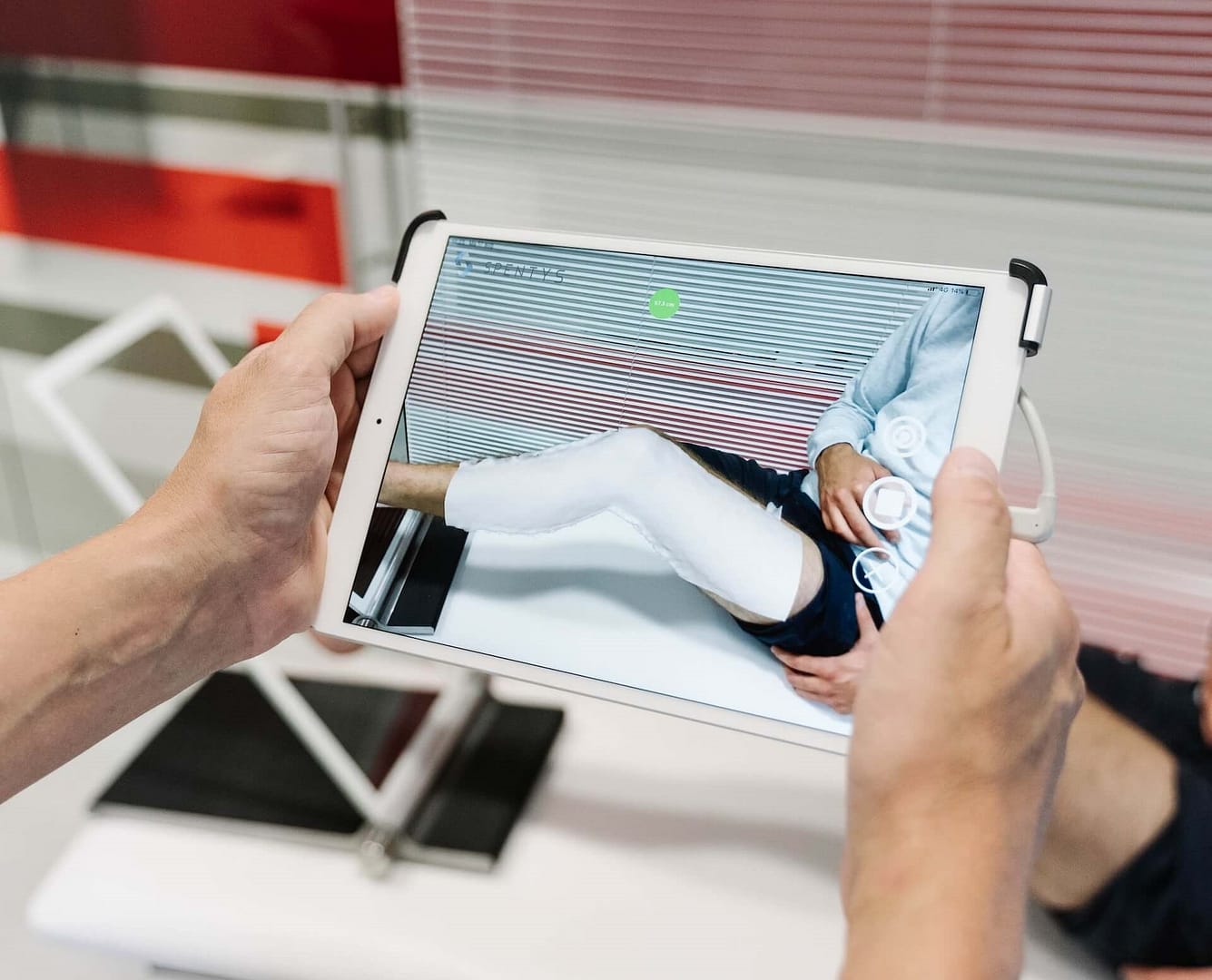In the fast-paced world of healthcare, where technology evolves at breakneck speed, the intersection of technology and clinical negligence becomes a critical concern. The integration of advanced technologies, such as artificial intelligence and electronic health records, has undeniably revolutionised the medical landscape. However, with these innovations come inherent risks that demand careful consideration. In this article, we will delve into the potential risks associated with technology in healthcare and explore the safeguards that can help mitigate the challenges posed by clinical negligence.
The Evolving Role of Technology in Healthcare
The advent of technology in healthcare has brought about significant improvements in patient care, diagnosis, and treatment. Electronic health records (EHRs) have streamlined information management, making patient data easily accessible to healthcare providers. Telemedicine has expanded access to medical consultations, especially in remote areas. While these advancements enhance efficiency and convenience, they also introduce a new set of challenges that the healthcare industry must confront.
Can Technology Have an Impact on Medical Negligence?
The marriage of technology and healthcare has undoubtedly raised questions about the potential for increased clinical negligence. Electronic health records, for instance, carry the risk of data breaches, compromising patient confidentiality. Moreover, the reliance on automated systems, such as diagnostic algorithms, introduces the possibility of errors that may lead to misdiagnoses and subsequent medical mishaps.
Imagine a scenario where a hospital heavily relies on an advanced diagnostic algorithm to detect critical conditions. In this hypothetical situation, a glitch in the algorithm could result in a failure to identify a life-threatening condition in a patient. Such a failure may be attributed to the technology itself, highlighting the importance of comprehensive testing and ongoing monitoring of these systems.
The Human Factor in Technological Integration
It’s crucial to recognize that technology is a tool wielded by humans. While it can enhance medical capabilities, the human factor in utilising these tools remains paramount. In some cases, overreliance on technology may lead healthcare professionals to neglect critical aspects of patient care. This underscores the necessity for adequate training and ongoing education to ensure that healthcare providers maintain a balanced approach to the integration of technology into their practices.
How Can We Prevent Negligence?
Preventing clinical negligence in the era of advancing technology requires a multifaceted approach that considers both the technological and human elements. Rigorous testing and validation of medical software and algorithms are imperative to identify and rectify potential flaws before widespread implementation. Regular updates and maintenance must be performed to address emerging issues and adapt to evolving healthcare landscapes.
Training and Education
Equally crucial is the continuous training and education of healthcare professionals. As technology evolves, so must the skills of those who use it. Training programs should not only cover the technical aspects of new tools but also emphasise the importance of maintaining a patient-centric approach. Instilling a culture of accountability and mindfulness can help mitigate the risks associated with clinical negligence.
Safeguards Against Technology-Induced Negligence
To safeguard against the risks posed by the integration of technology in healthcare, stringent measures must be in place. These safeguards are not only aimed at preventing negligence but also at creating a resilient and adaptable healthcare system.
Robust Cybersecurity Measures
Given the prevalence of electronic health records and interconnected healthcare systems, robust cybersecurity measures are paramount. Protecting patient data from unauthorised access or cyberattacks is a non-negotiable aspect of ensuring the integrity and confidentiality of medical information. Implementing encryption, regular security audits, and staff training on cybersecurity best practices are crucial steps in fortifying the healthcare infrastructure against potential breaches.
Comprehensive Quality Assurance Protocols
Quality assurance should be an ongoing process, especially in the realm of healthcare technology. Establishing comprehensive quality assurance protocols for medical software and devices is essential. This involves thorough testing, validation, and continuous monitoring to identify and rectify any issues promptly. Additionally, creating channels for feedback from healthcare professionals who use these technologies on the front lines can provide valuable insights for improvement.
Ethical Guidelines for Technology Use
Developing and adhering to ethical guidelines for the use of technology in healthcare is fundamental. This includes guidelines on data privacy, informed consent for technology-assisted treatments, and transparency in the use of algorithms. Integrating ethical considerations into the development and implementation of healthcare technologies fosters a culture of responsibility and accountability.
Making a Clinical Negligence Claim with National Claims
In the unfortunate event of experiencing clinical negligence, seeking recourse is essential. National Claims, as a leading provider in the field, understands the complexities involved in such cases. Our dedicated team is well-versed in navigating the intersection of technology and clinical negligence, ensuring that clients receive the support and guidance needed to pursue a claim. From gathering evidence related to technological malfunctions to understanding the human factors at play, National Claims is committed to advocating for justice and accountability. We will also walk you through our claims process.

Conclusion
As we navigate the ever-evolving landscape of healthcare technology, the risks of clinical negligence loom large. However, with a proactive and comprehensive approach, these risks can be mitigated, and technology can continue to be a force for positive change in the medical field. By emphasising cybersecurity, continuous education, and ethical considerations, we can build a healthcare system that harnesses the power of technology while safeguarding against potential pitfalls. As we embrace innovation, let us not forget the core principles of compassionate and responsible patient care that should remain at the heart of our technological advancements.
Begin your claim with us today and speak to one of our claims specialists to help you by contacting us.
Click below to see why we are one of the most trusted claims management companies in the UK.

We’re proud of our excellent customer reviews
We thrive on delivering exceptional service and ensuring our clients’ satisfaction. Don’t just take our word for it. Check out some of our independent reviews to see what our clients have to say.
Excellent

This firm is excellent, they sorted out my car pay out and injury claim very fast, they always communicate with you all the time.

My accident case was dealt with confidence and with great result of the outcome, especially James kept me informed all the time.

I was very impressed at the way my inquiry was treated. I was listened to attentively and everything I needed to know was explained to me.






